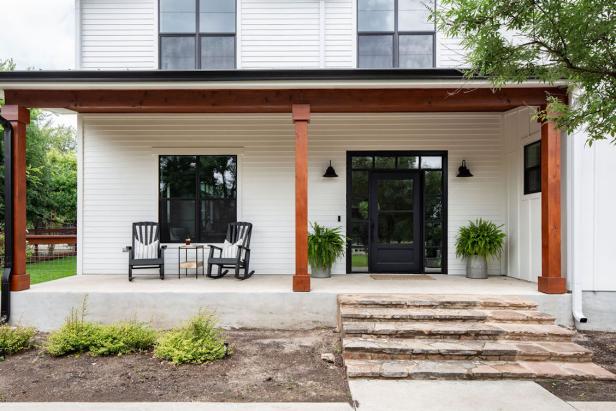
If a Sale Doesn't Go Through, Who Pays the Appraisal Fee?
What is a home appraisal anyway?
A home appraisal is a professional assessment of how much a property is worth. Unless you’re paying for your home in cash, it’s a non-negotiable in the process. Most lenders require an appraisal before they’ll grant you a mortgage. Your home is their collateral, and if you can’t pay your mortgage, they want to make sure they can get back as much of their money as possible. An appraisal also helps protect you from buying an overpriced property.
The appraiser will take an unbiased look at a home, the condition it’s in, any repairs it needs, and other factors, and will also likely compare it to other similar properties in the area before providing an estimate of what they think it's worth. An appraisal goes deeper than the comps your real estate agent likely gathered and presented to you when you were first considering the property—but not as deep as a home inspection, which you’ll also want to have completed in most cases before the sale is final.
If the appraised value is higher than the cost of the home you want to purchase, good for you! You’re making an investment that’s paying off from the get-go. If, however, the appraised value is lower than the price of the house, then you have a variety of options—including negotiating with the seller, challenging the appraisal, and/or getting a second one. Or, of course, you could walk away from the deal completely.
The cost of a professional appraisal varies depending on where you live; but in general, you can expect to pay somewhere around $300 to $400 for one.
Who pays the home appraisal fee when a deal falls through?
In most cases, even though the appraisal is for the benefit of the lender and the appraiser is selected by the lender, the fee is paid by the buyer. It may be wrapped up into closing costs, or you may have to pay it upfront. There are some cases, however, in which a seller will offer to pay the appraisal fee to make the deal more attractive.
So, back to the original question: When a sale falls through, who’s on the line for the fee? In most cases, it’s still going to be the buyer.
The buyer is usually required to pay the appraisal fee upfront, and it is owed even if the lender does not move forward with a loan.While the seller may have agreed to pay all closing costs, if the closing does not occur and the property is not conveyed, the seller is not required to pay your appraisal fee.If a buyer doesn’t pay the appraisal fee upfront and instead rolls it into the rest of her closing costs, that doesn’t mean she's off the hook if she doesn’t close.
Having a home sale fall through is usually a bummer for both the seller and the buyer, and having to pay for an appraisal on a home you’re not going to buy adds a bit of insult to injury. Just know that while the appraisal fee can sting, it can save buyers from a much bigger financial wallop that comes with buying an overpriced home.
In the grand scheme of things, it’s a small price to pay when it comes to finding the right house at the right price.





